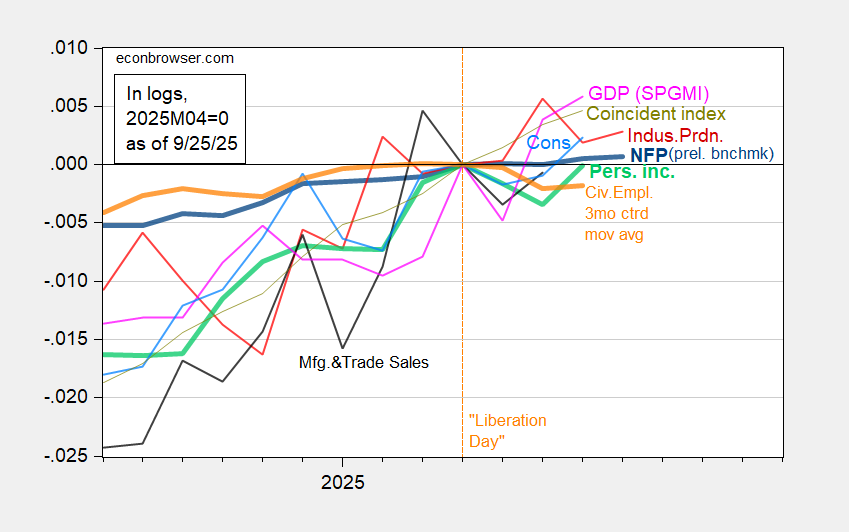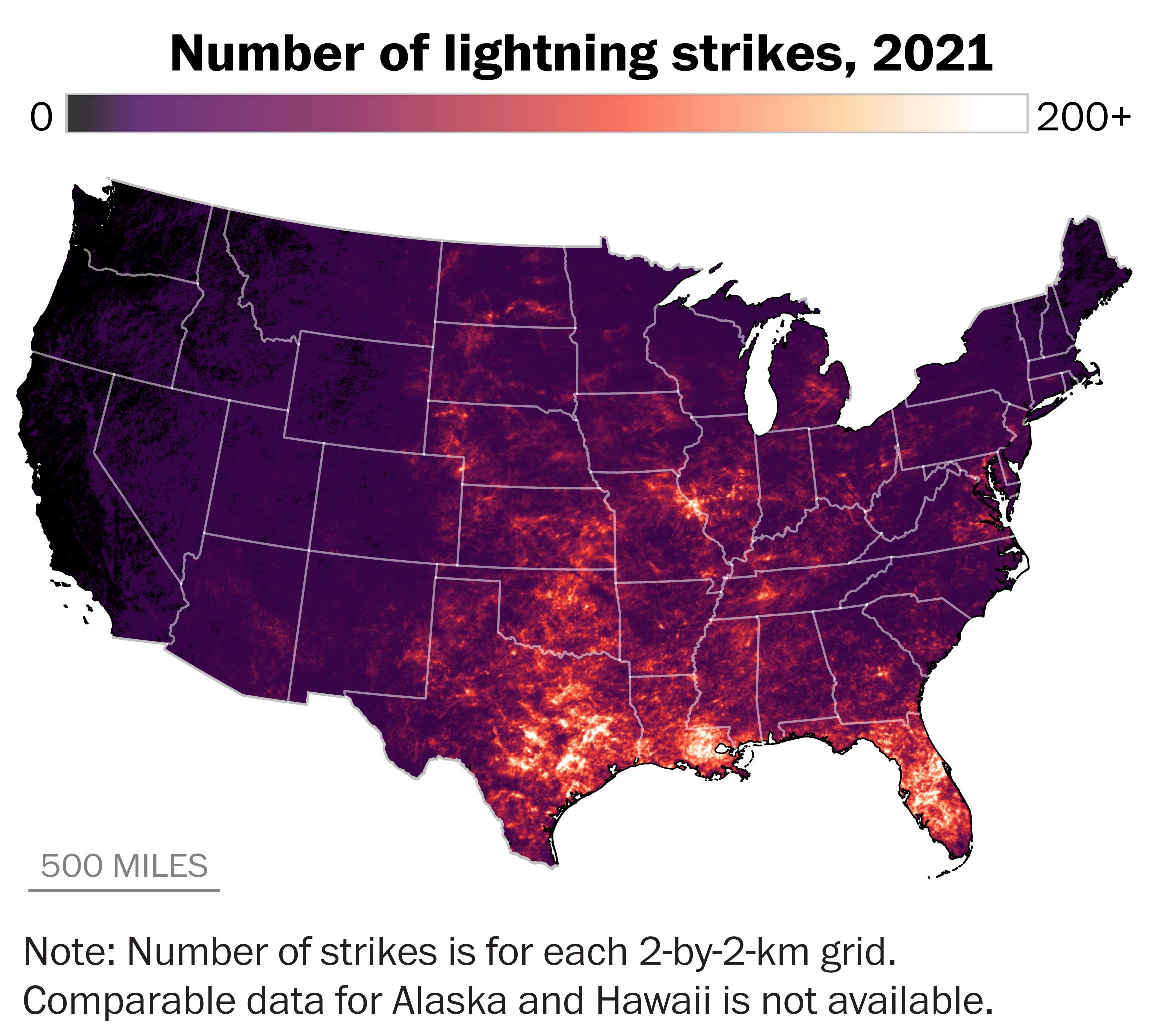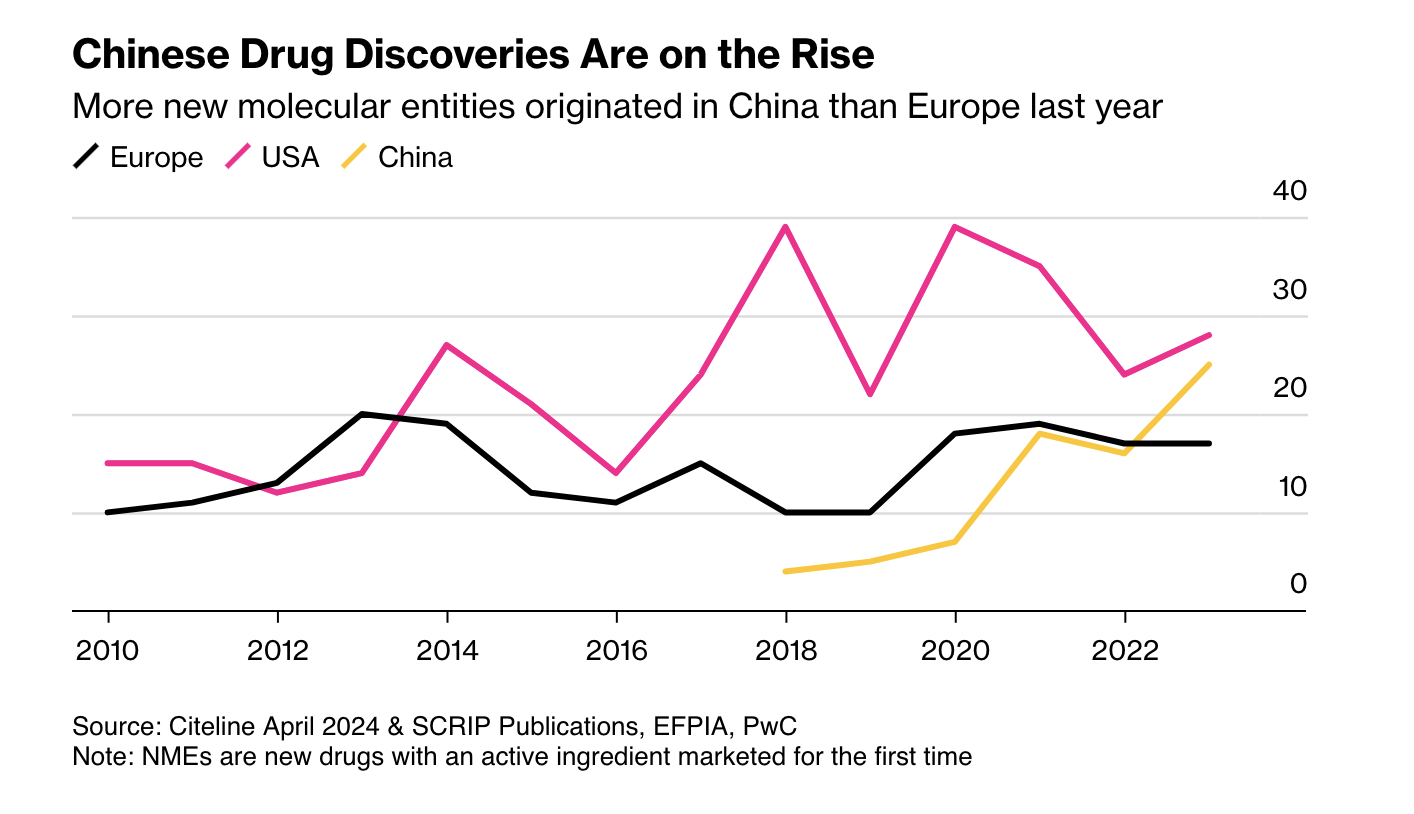
1081. Awaiting August Consumption and Personal Income
Menzie Chinn discusses employment trends, personal income stability, and economic indicators suggesting a slowdown in consumption and growth as of September 2025.
your daily dose of economic commentary

Menzie Chinn discusses employment trends, personal income stability, and economic indicators suggesting a slowdown in consumption and growth as of September 2025.

John Ruwitch discusses a new executive order facilitating a deal for U.S. investors to acquire a majority stake in TikTok, ensuring its continued operation in the U.S.

The post discusses projected vehicle sales for September 2025, highlighting strong EV demand driven by expiring tax credits, while expressing concerns about Q4 sales dynamics.

Timothy Taylor discusses trends in the global robot population, highlighting the growth of industrial and service robots, particularly in China and other leading countries.

Alina Selyukh discusses Starbucks' decision to close stores and lay off 900 workers as part of its turnaround strategy.

Amazon has settled a lawsuit regarding allegations of deceptive practices that made it difficult for users to cancel Prime subscriptions.

Paul Krugman discusses Trump's unexpected financial support for Argentina, linking it to his administration's broader agenda and the challenges faced by Argentina's right-wing leadership.

Noah Smith argues that technology, particularly AI, can provide solutions to societal problems like disinformation, contrary to the belief that only social change can address these issues.

Bill McBride discusses the NAR report indicating a slight decrease in existing-home sales and changes in inventory and median prices for August.

Scott Cunningham discusses causal inference methods for evaluating spatial treatments, focusing on strategies for selecting control groups in urban economic contexts.

Jon Hartley interviews Chris Waller about monetary policy, inflation, and the Federal Reserve's future actions regarding interest rates and payments.

Andrea Hsu discusses a judge's ruling on the illegal firings of federal employees and the government's subsequent actions despite the ruling.

Laurel Wamsley discusses how rising housing prices are influencing some Americans to have smaller families than they had originally planned.
An argument that high-skilled immigration, particularly through H-1B visas, boosts economic growth, job creation, and wages for native workers across various skill levels.

Bill McBride discusses the ongoing softness in architecture firms' billings and inquiries, indicating a decline in new design contracts and caution among clients.

Bill McBride discusses the rise in mortgage delinquencies and foreclosure activity in August, attributing much of it to a calendar anomaly affecting payment processing.

An argument that property taxes are misunderstood, necessary for local services, and could be reformed to better reflect service costs and fairness.

An argument that AI could revolutionize drug discovery and repurposing, but the FDA's current regulatory framework may hinder these advancements and lead to competitive pressures from other countries.

Paul Krugman discusses Trump's authoritarian tendencies, contrasting his unpopularity with the popularity of autocrats like Putin and Orban, highlighting the role of economic performance.

Bill McBride discusses the increase in new home sales to an annual rate of 800,000 in August, highlighting revisions and supply metrics.